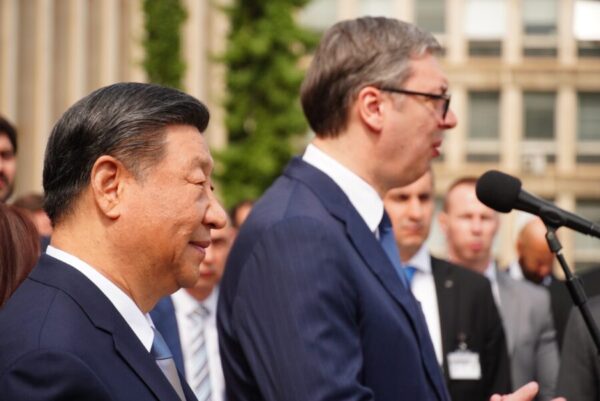NY Times: Xi visit shows Beijing still has influence in Europe

The Chinese President’s visits to Serbia and Hungary show that Beijing still has some influence in Europe, the New York Times said.
“By visiting Hungary and Serbia, Mr. Xi, according to analysts, wants to show that while China may be down as an influential player in East and Central Europe, it is not yet out. And, they say, it indicates he has not given up on a Chinese diplomatic initiative known as 16+1, a grouping of China and formerly communist European countries built around Mr. Xi’s flagship Belt and Road program,” the newspaper said.
According to the NY Times, Serbia and Hungary are two countries whose long-serving authoritarian leaders still offer a haven for China in increasingly turbulent political and economic waters. It quoted analysts who said that the other countries of Central and Eastern Europe are angry over Beijing’s stand on the war in Ukraine and close ties with Moscow. According to them, China’s Kremlin-friendly stand on the war and Russia are not a problem for Serbia’s President Aleksandar Vucic and Hungary’s Prime Minister Viktor Orban.
The article said that China’s showcase infrastructure project in the region, a high-speed railway between Belgrade and Budapest, has been slowed by regulatory and other issues but that its promised investments in other projects have raced ahead, totaling nearly $20 billion in Serbia and nearly as much in Hungary, including loans, the terms of which are secret.
A researcher quoted by the daily said that Hungary and Serbia look to China “not only for economic gains but also to demonstrate to their domestic electorate that they pursue an independent policy”, adding that this also “demonstrates to the European Union and the United States that “they are not the only game in town,”.
The merging of economic and geopolitical interests is particularly pronounced in Serbia, which aspires to join the European Union but has balked at joining the bloc in imposing sanctions on Russia and frustrated EU efforts to broker a settlement over Kosovo.
“Unlike in most of Europe where governments regularly change — a democratic churn that can upset Chinese investment plans based on close ties to a particular leader — Mr. Orban and Mr. Vucic have both been in power for more than a decade and show no sign of going anywhere,” it said.